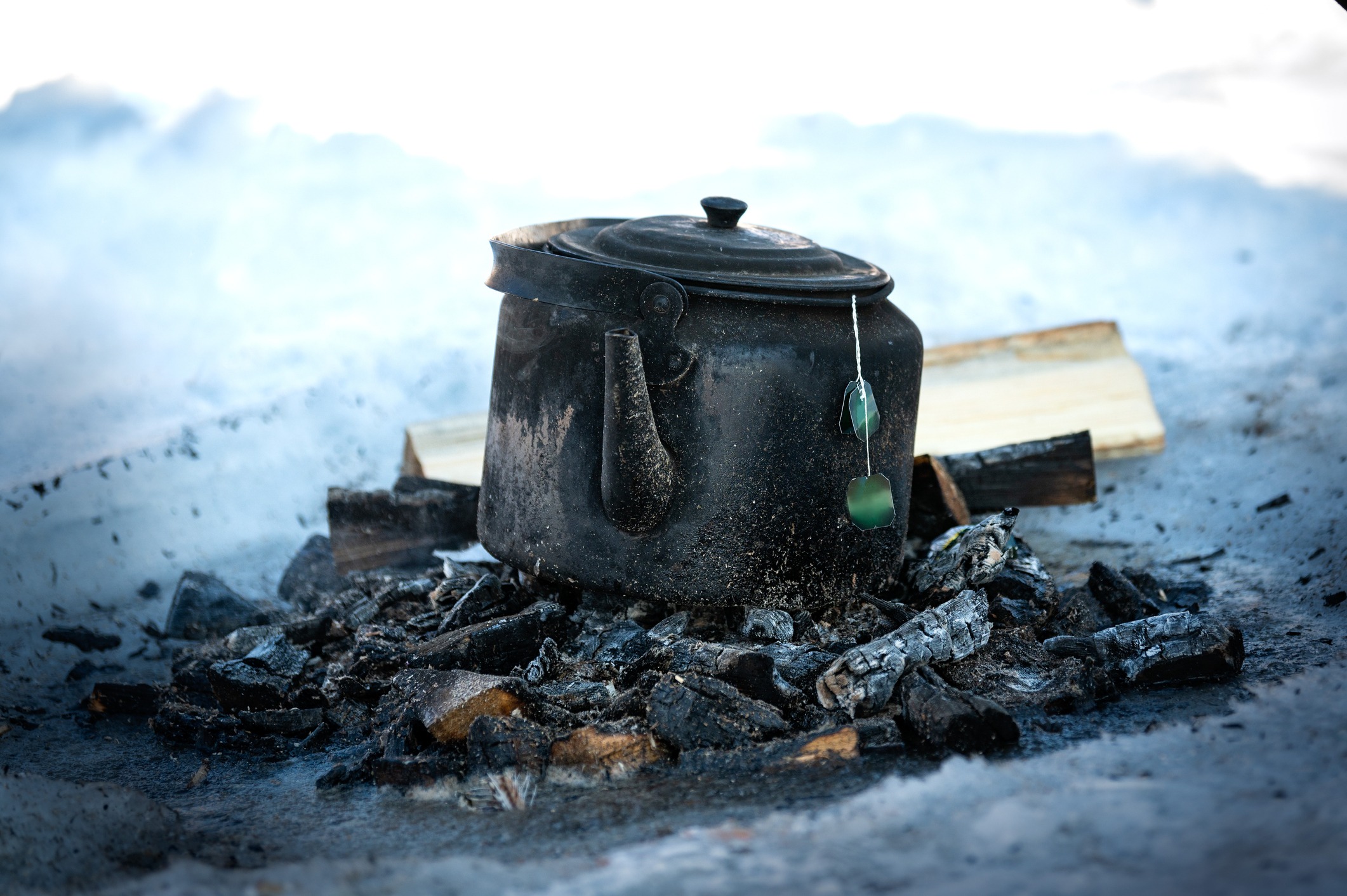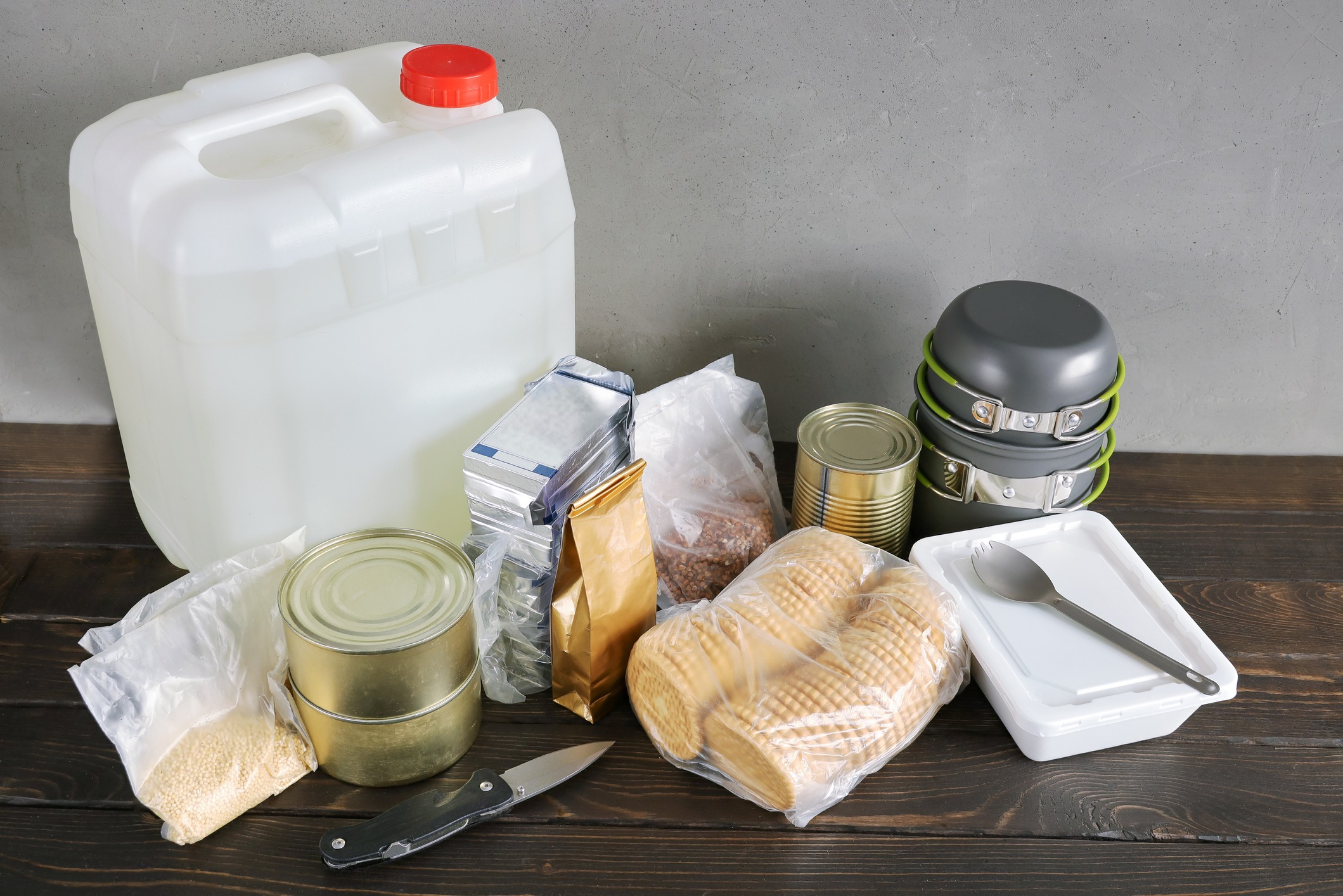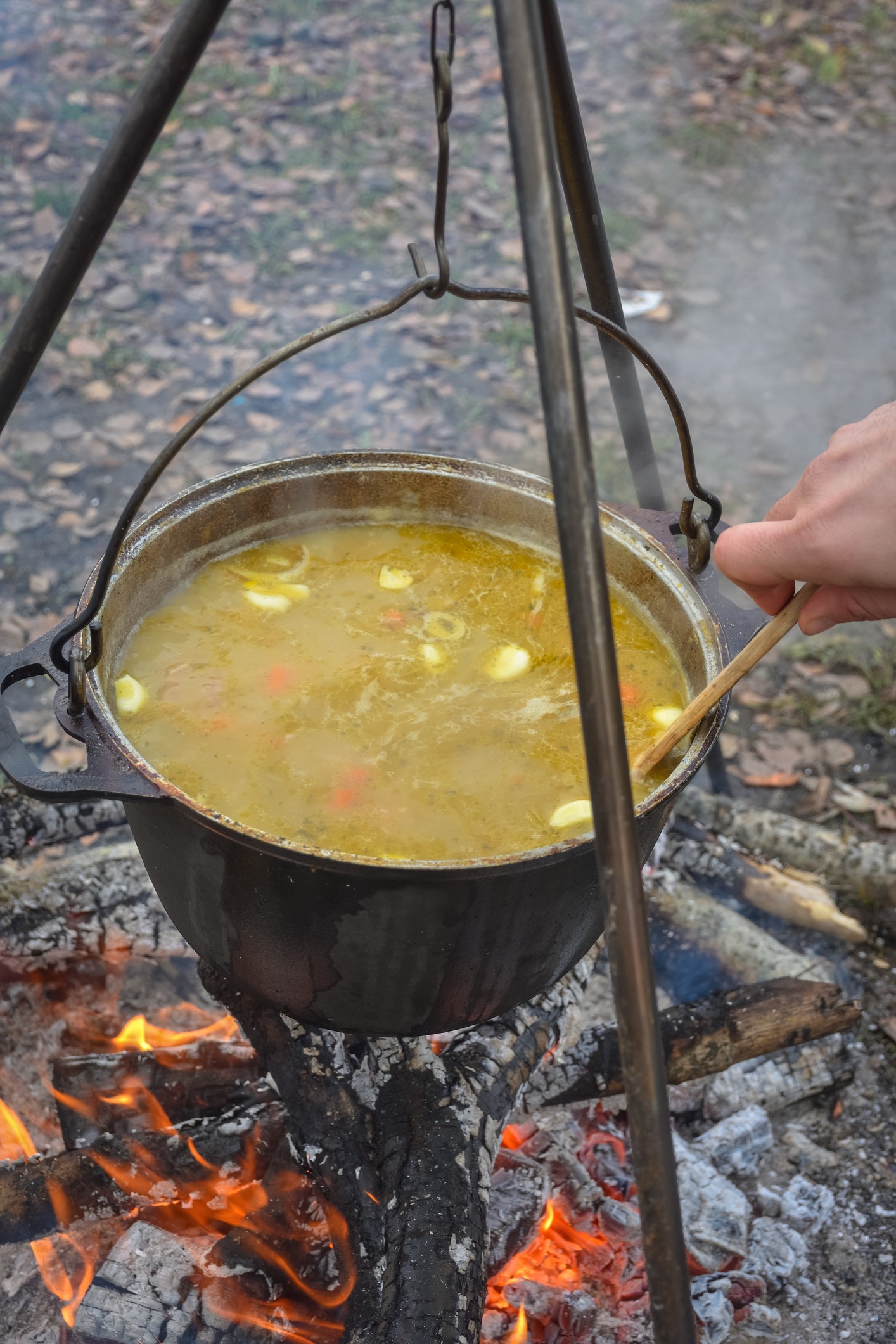We should always keep a supply of survival food. Every day, we are inundated with bad news, from local problems to dangers from abroad. Sad to say, there isn’t much we can do about it. Consequently, we think that we should concentrate instead on factors under our control, such as preparation.
If the unexpected does occur, our chances of survival are greatly increased by planning for the worst-case scenarios and accumulating the best survival foods. For us, the improved possibility of survival is enough to make us feel less anxious. You can never be too prepared, after all.
What Are Foods for Survival?
Foods and beverages that are not easily perishable are considered survival foods. They are kept in storage to use during emergencies when you won’t be able to go out and get supplies since they can be kept for a very long period without going bad. You can choose to be a prepper and be ready for either a short-term or long-term catastrophe or both.
What Foods Should You Stockpile?
Make sure that your food supply won’t spoil even if the power goes out. This means that they must be able to keep independent of the temperature in your home and without the use of a freezer or refrigerator. Stockpiling is a wonderful idea for food and drink that you believe can last for a long time even without electricity.
1. Dehydrated Food
Dehydrating food is arguably the simplest method of food preservation. Drying is one of the quickest and most efficient ways to preserve your food and has been used for thousands of years to make food last longer without refrigeration. Additionally, it can reduce the weight of foods designed for survival.
Because we are aware of the importance of eating a range of nutrient-rich foods to maintain our long-term health, one of the most crucial reasons we grow, hunt, or forage for survival food is this. We can’t only consume protein, and we can’t survive on potatoes forever. We need to eat a wide mix of proteins, fats, sugars, carbs, vitamins, minerals, and antioxidants to maintain good health. When considering dried food for preppers, we should consider the best methods of preservation for our survival food to retain the greatest number of vitamins and minerals.
Contrary to popular belief, dehydrating food is one of the most effective ways to retain nutritional value when compared to other techniques like canning. There will undoubtedly be some nutritional losses. Eat your food fresh if you want to get the most nutritional value out of it. Vitamins A, B, C, and thiamin are all depleted but not eliminated during dehydration.
This is because they all react with the heat and air necessary for dehydration and are all quite volatile. Foods’ nutritional value is concentrated when they are dehydrated. You concentrate calories, sugars, fiber, and some minerals like potassium and copper by making them smaller and lighter. Dehydrated foods are ideal survival diets precisely because of this. In essence, you get more value for your money.
2. Freeze Drying
A time-tested method of food preservation that has been used for thousands of years is freeze drying. Communities high in the mountains where it is always below freezing might successfully freeze-dry and store their crops for years. The idea is basic. The food should be frozen before any moisture is allowed to escape. You don’t need an expensive freeze-drying machine to accomplish this.
Just put a tray of food that has been extremely thinly cut into your freezer. It will rapidly begin to freeze. After then, leave it and wait. Freeze drying happens naturally over the course of a week or two, depending on how cold your freezer is, how often you open it, and how much moisture was in the food. However, if you have a tiny freezer and a lot of food to preserve, this method of freeze-drying is not particularly effective. If you are serious about food preservation for survival and intend to store huge amounts of food, this method is not advised.
3. Canned Foods
When you first heard about food products that can stay for a long time without a fridge, canned food was probably the first thing that came to mind. How long can products last? Food in cans generally lasts between one and four years. However, there’s a strong chance that you may double that shelf life with careful storage, particularly in lower conditions. As a result, canned products are among the greatest meals to store away in case of emergency. However, be cautious and always remember to maintain track of your inventory, particularly regarding expiration dates. There is nothing more tragic than preparing food for a calamity only to discover that it is too late, and you are left with nothing.
4. Edible Plants
You’ll need to think about how to find edible plants you can consume after figuring out the issues of finding water, shelter, and food for animals. To survive, you need always be on the lookout for recognizable wild foods and try to live as naturally as you can. You shouldn’t plan on being able to go without meals for days at a time. Preserving health through balanced and healthy food is crucial to maintaining vigor and serenity, even in the most static survival circumstances.
As long as you don’t consume the wrong plant, nature can provide you with sustenance that will enable you to endure any situation. The flora of the area where you will be working must therefore be thoroughly researched in advance so that you can confidently and readily identify edible plants.
5. Animals
You won’t be particularly picky about the kind of food you can consume while you’re on your own in the wilderness, depending solely on your gear and intelligence to keep you afloat and alive. Any food is acceptable if it keeps you alive for another day in a survival situation. That one day might be sufficient to save you and return you to the safety of civilization, or it might be enough to obtain suitable assistance to transport you away.
You can’t expect to receive all of your food sources from one location when you’re attempting to survive in day-to-day living. Fruit, berries, and other crops will eventually become scarce. The same is true with fish. Because of your presence, larger creatures like deer might leave the area, and some predators might consume the fruit you need to thrive.
This is why it is a good idea to broaden your options: if you anticipate having to stay somewhere for a considerable amount of time until assistance can arrive, it would be prudent to enhance your selection of food. Furthermore, it will increase your vitamin intake.
Knowing about unconventional possibilities can mean the difference between living and dying in a life-threatening scenario. Some things will help with survival by giving nutrition from unconventional sources.


